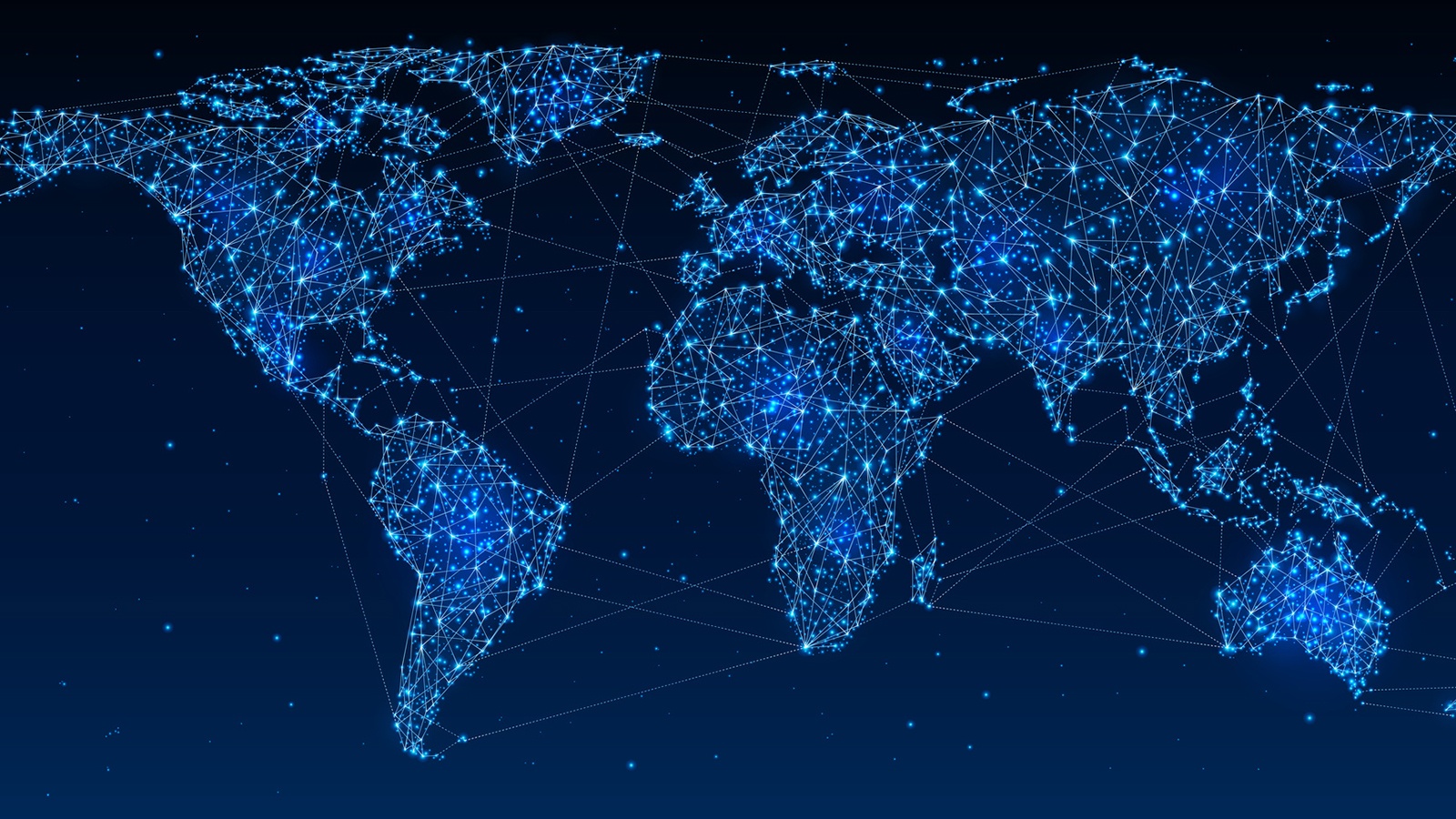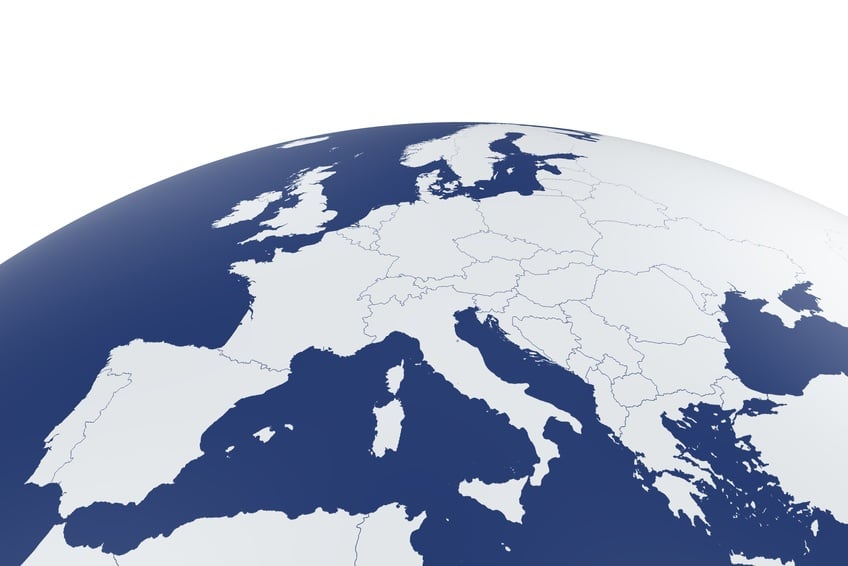We all know about the International Monetary Fund’s ease of doing business index and other economic indicators that help decide where and how to conduct commerce. But if you’re involved in a global telecom or retail IT deployment, sometimes raw numbers are not enough. You need other indicators.
A representative with a leading provider of in-store retail analytics told us that he considers the proximity to an Apple retail store as one of the main indicators of whether a provider of global field techs has adequate coverage for IT deployments and break/fix issues in any given region.
“Saying you can get everything done doesn’t mean anything if you have to fly everywhere. I want to know that you have someone within a few hour's drive of each major city,” our source says.
And how does he define a “major city”? One that has an Apple Store.
“Apple seems to be the dominant thing globally,” he says. “If you can say that you have a tech within two hours of an Apple Store in any part of the world, that is really a big deal.“
But don’t just take it from our source. He says the “Apple Store Metric” is becoming a widely accepted standard in the industry to evaluate coverage viability.
“I think the ‘Apple Store Metric’ is across the industry. That is the way I have been told by vendors across the globe for the past year as measuring how they are able to support me,” he told us.
It’s not just that your global field techs might need to run to an Apple Store to get supplies for your deployment or to fix broken equipment (although that’s possible). The Apple Store’s presence marks the city as a place where the tech talent, supplies, and infrastructure exist to solve your issues. If the city has an Apple Store, then it’ll have everything else you need too.
Our source said that the same metric is sometimes called the “NFL city” metric. Take Jacksonville, Florida, for instance. They have the Florida Panthers NFL team. If Jacksonville has the population and infrastructure to support an NFL team, then they likely have a lot of other things, too (Jacksonville, by the way, also has an Apple Store.)
Where in the World Are Apple Stores?
Apple has 492 retail stores worldwide in 19 countries, although Apple does operate some “stores within stores” and franchise operations in some countries.
India is one of the next markets that Apple is expected to try to jump into, christening New Delhi and Mumbai as their first locations, but they are trying to work through regulatory and production issues, according to the Economic Times:
“It was widely expected that Apple will open its first store soon as it meets the local production pre-requisite, having started assembling operations in the country for iPhone SE with partner Wistron. Apple, however, is yet to receive approval from the government for its retail foreign direct investment (FDI) plans.”
Apple Stores have long been rumored and planned for Russia, but as of this writing, there are still none. As early as 2011, there was a buzz about the possibility.
In Asia, Apple Stores have their largest presence in China, where there are 40 of them in a patchwork across the country, so the Apple Store Metric is alive and well there.
Other Offbeat Metrics for Global IT Deployments
OK, so Russia or Morocco don’t have Apple stores, but that doesn’t mean those places aren’t ripe for your business. They are, but you’ll need to use other indicators to figure out the best locations in a country to plant your flag, especially in retail decisions.
When considering the convergence of retail and IT needs, you can sift through raw numbers and stats until your eyes glaze over, but sometimes there are more “human metrics” that tell a greater story, which is why we like the Apple Store Metric so much.
But if a country doesn’t have an Apple Store, here are two other non-numerical indicators you can use as you plan your next retail or IT deployment:
Universities: Chances are, if a city supports a university or a technical college, then you have the infrastructure in place and expertise available for your deployment. The World Bank points to the importance of a university as an economic marker:
“Universities are neutral conveners, assemblers of talent, and unmatched idea factories where the passion, creativity, and idealism of great minds, young and old alike, can be applied to problem-solving and advancing our societal and economic well-being.”
International Airports: Some airports in the United States stick the name “international” in them because they may have one flight to Canada a month, so you do have to use judgment here. Globally, however, if a city can support an international airport, chances are it also supports the infrastructure for your retail or tech deployment.
“The air transport industry has a substantial economic impact, both through its own activities and as an enabler of other industries. Its contribution includes direct, indirect, and induced impacts, which are related to the total revenues of the air transport industry. The catalytic impacts of the industry are “spin-off” effects on other industries.”
In short, if there is an international airport nearby, you’ll be able to more efficiently get your people and product in and out more efficiently, and it’s just an overall sign that the area is economically ripe for development and sustainable business.
So our advice: make sure your global deployment partner can pass the Apple store test (or a similar metric), so you can get qualified global field techs on site when you need them. And keep watching for new Apple Store openings and follow them — within a couple hundred miles.






